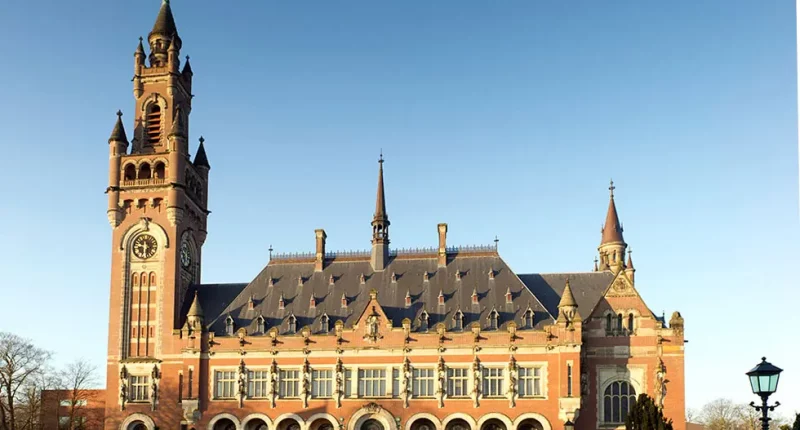You must be aware that South Africa went to the International Court of Justice (ICJ), against Israel in order to stop the action by them against Gaza. Now, the principal judicial organ of the United Nations has issued a critical directive to Israel, emphasizing the need to prevent acts of genocide amidst ongoing conflicts. However, in a nuanced stance, the court stopped short of demanding a cessation of the war activities.
The court’s decision comes in the wake of escalating tensions and violence in the region, which has raised international concerns about potential human rights violations and atrocities. The ICJ’s ruling is primarily focused on ensuring the prevention of genocide, defined under international law as acts committed with intent to destroy, in whole or in part, a national, ethnical, racial, or religious group.
The panel of judges at the ICJ underscored the gravity of the situation, stating, “While the court recognizes the complex security challenges faced by Israel, it is imperative that all necessary measures be taken to prevent the occurrence of genocide.” This statement aligns with the provisions of the Convention on the Prevention and Punishment of the Crime of Genocide, to which Israel is a signatory.
Significantly, the ICJ did not call for an outright cessation of military activities by Israel. This aspect of the ruling acknowledges the complicated geopolitical dynamics at play and Israel’s assertions regarding its national security concerns. The court’s approach indicates a delicate balancing act, seeking to address humanitarian concerns while recognizing the realities of ongoing conflicts.
The ruling has elicited varied responses. Human rights groups have lauded the emphasis on preventing genocide, viewing it as a crucial step towards safeguarding vulnerable populations. However, some critics argue that without a call to end the conflict, the ruling may not sufficiently mitigate the risks of civilian harm.
The Israeli government has yet to issue a formal response to the ICJ’s ruling. However, officials have previously asserted that their military operations are defensive and in compliance with international law.
As the international community continues to grapple with the complexities of the situation, the ICJ’s ruling stands as a testament to the ongoing efforts to uphold human rights and international law, even amidst the fog of war.









